A South Korean court has issued arrest warrant for impeached President Yoon Suk-yeol over aborted martial law decree.
South Korea’s anti-corruption agency says that a court has issued warrants to detain impeached President Yoon Suk-yeol and conduct a search of his office.
The Corruption Investigative Office for High-Raking Officials said in a statement that Seoul’s Western District Court issued the warrants over his aborted martial law decree earlier this month.
The agency says it is investigating whether the South Korean leader’s martial law declaration amounted to rebellion.
Yoon’s powers have been suspended since 14 December, when the opposition-controlled National Assembly voted to impeach him. His powers are to remain in suspension until the country’s top court, the Constitutional Court, determines whether or not to dismiss or reinstate Yoon as president.
The impeached president has ignored repeated requested by investigative authorities to appear for questioning, and rejected multiple requests to search his office.
Yoon enjoys a privilege given to South Korean presidents which grants him immunity from criminal prosecution. The immunity however does not extend to serious offences and allegations, such as rebellion or treason.
The anti-corruption agency says it has no immediate plans, for now, on how to proceed with the warrants.
Earlier on Monday, Yoon’s legal team attempted to challenge the investigator’s court request for a detention warrant. The president’s lawyers argued that the agency lacks the authority to investigate the rebellion but stopped short of providing details on how they plan to fight the proceedings if the court did issue the warrant.
Many observers doubt authorities would forcefully detain Yoon due to the potential for clashes with the presidential security detail, which has blocked investigators from attempting to search Yoon’s office.
Yoon’s imposition of martial law was short-lived, lasting only six hours before rolling back the decree. The move was to “eliminate anti-state forces”, a term Yoon labelled the opposition with who he accuses of being sympathetic to North Korea. It triggered huge political turmoil, which halted high-level diplomacy and rattled financial markets, as well as ignited protests calling for his resignation.
Yoon argued that his decree was a “legitimate act of governance”, stating that it was needed to combat opposition parties and lawmakers, who used their legislative majority in parliament to undermine the government and impeach top officials.
The country's political crisis deepened last Friday, when the Democratic Party and other small opposition parties voted to impeach acting President Han Duck-soo as well over wrangling over his refusal to fill in three justice seats at the Constitutional Court. Observers say adding more justices could affect the court's ruling on Yoon's impeachment.
Yoon’s fate now lies with the Constitutional Court, which is deliberating whether to uphold the impeachment and remove him from office or reinstate him.

 1 week ago
9
1 week ago
9
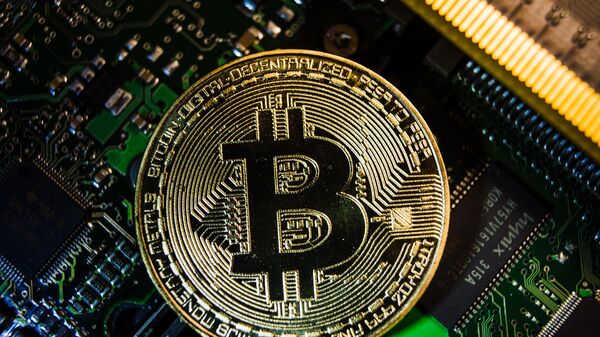
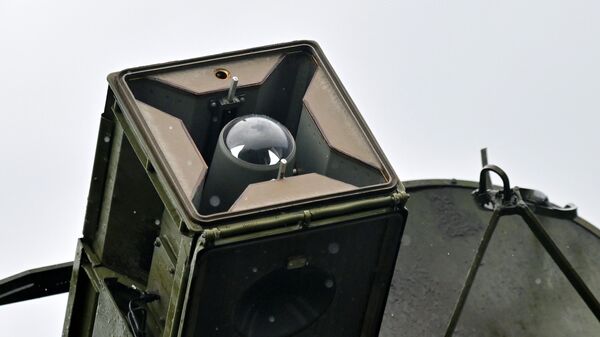
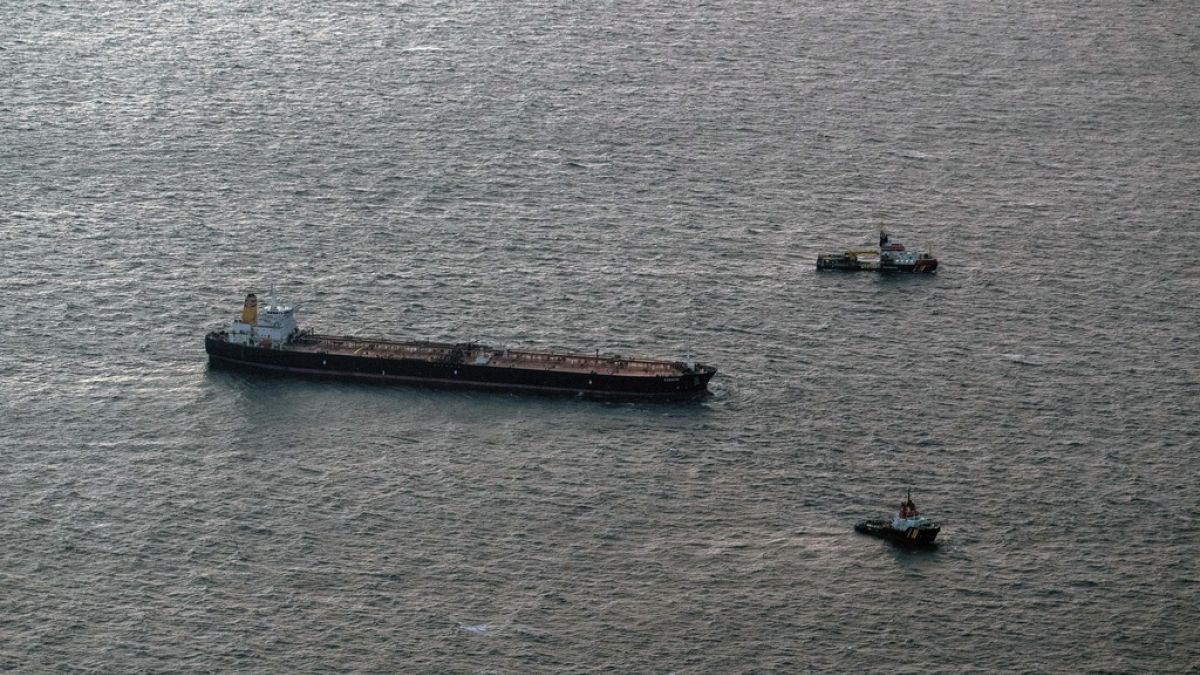
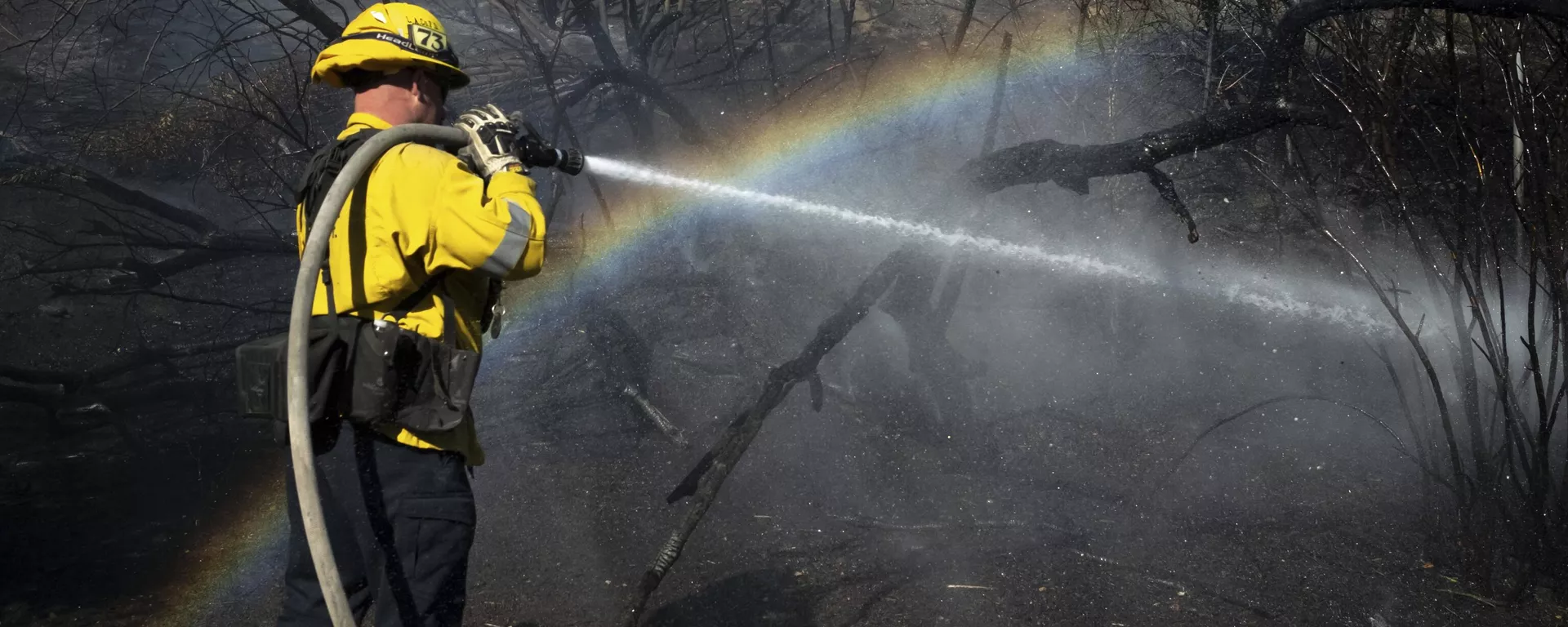
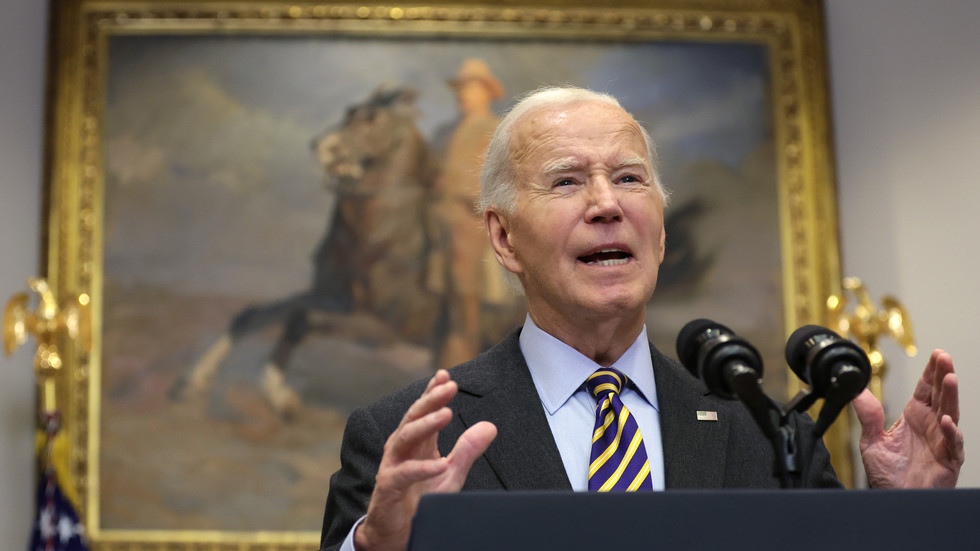
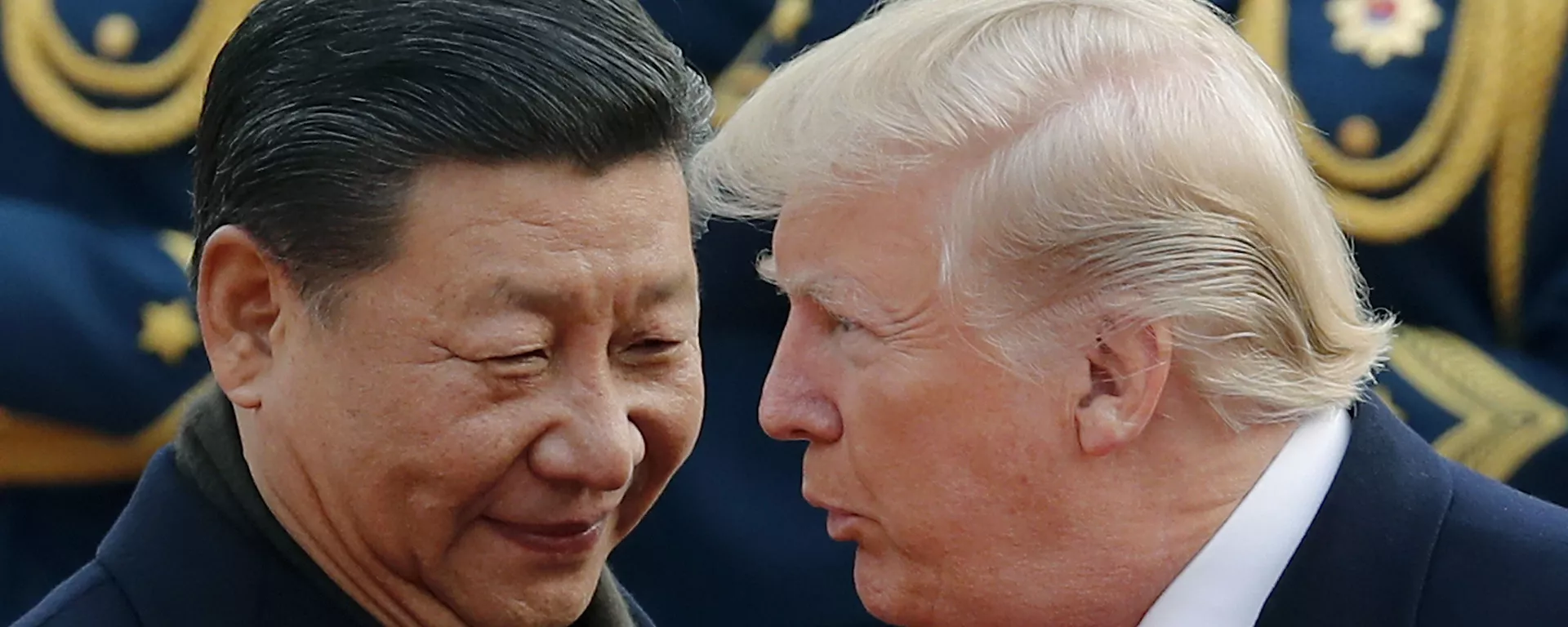
 We deliver critical software at unparalleled value and speed to help your business thrive
We deliver critical software at unparalleled value and speed to help your business thrive






 English (US) ·
English (US) ·